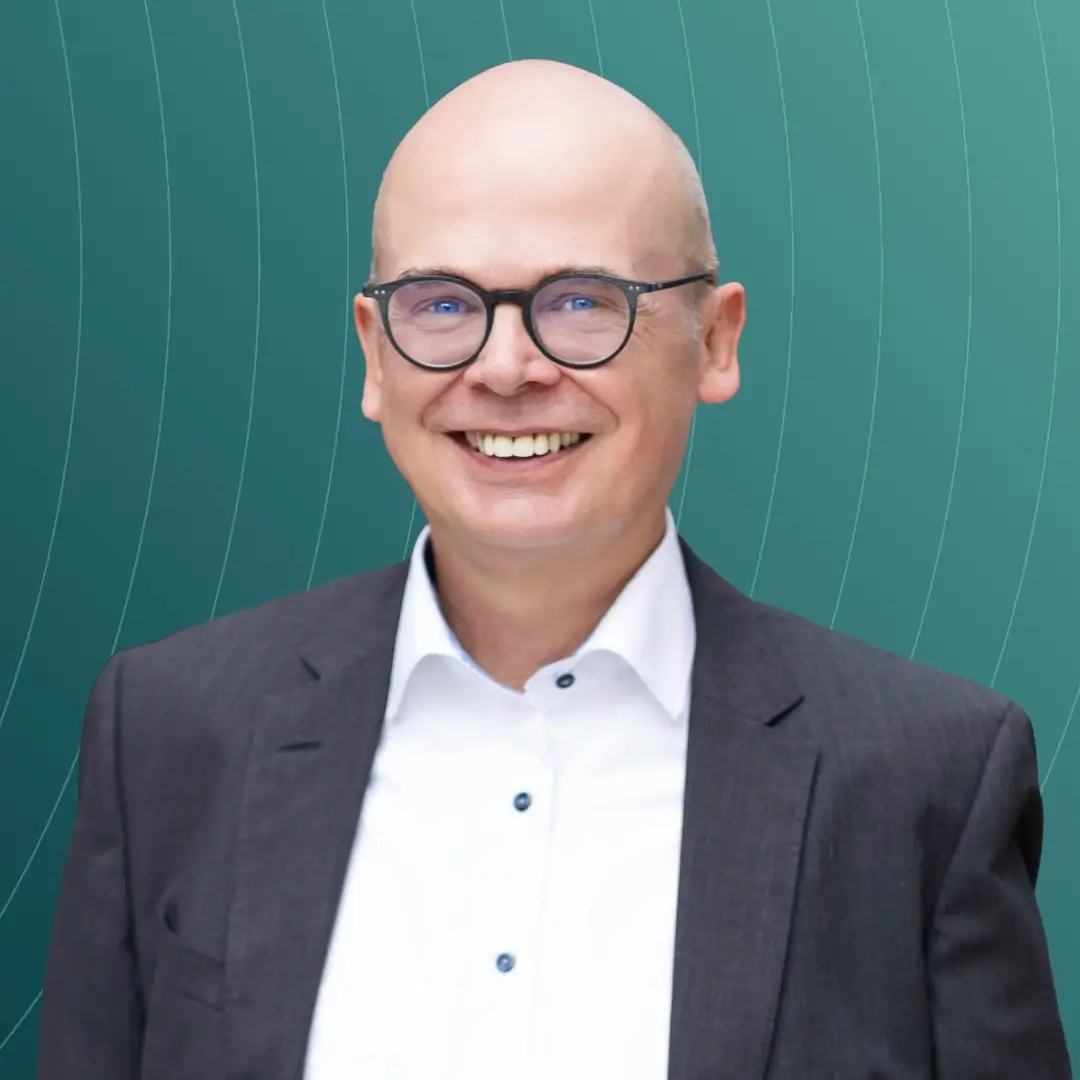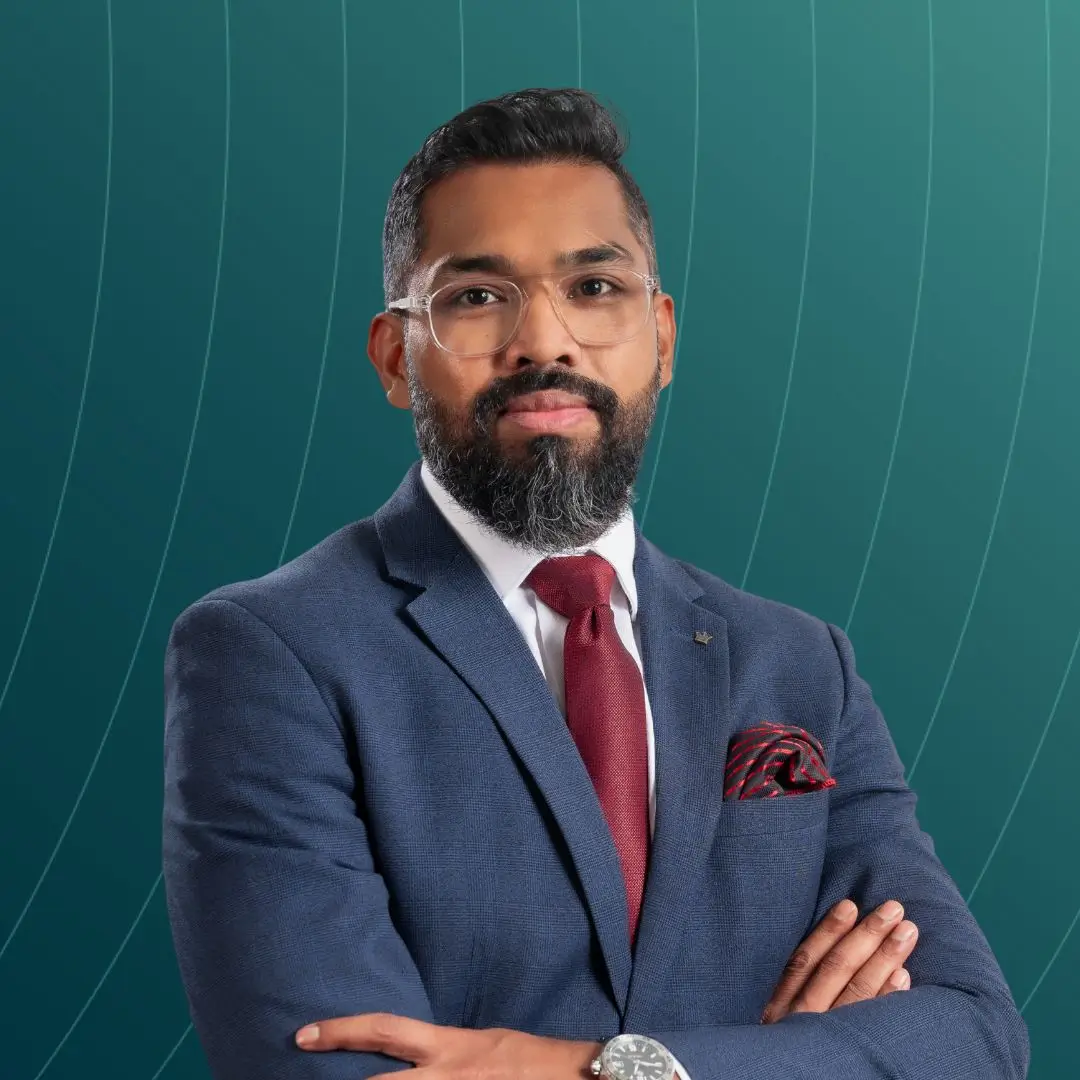.svg)
.svg)
.svg)
.svg)
.svg)
.svg)
.svg)
.svg)
.svg)
.svg)
.svg)
Germany and the CEE Region: A Strategic Partnership

Economic cooperation between Germany, Poland, Central and Eastern European (CEE) countries is crucial for the stability and the future of the European economy. In recent decades, Poland has emerged as a leader in the CEE region, functioning as a ‘bridge’ between eastern and western Europe.
Poland and CEE - an engine for growth in Europe
Being the largest economy in the CEE region, Poland plays a major role in the economic development of the area. In 2022, the value of Polish exports reached €317 billion, representing an increase of 15% compared to 2021. In 2023, another increase of 5% was recorded, as the value of Polish exports reached €330 billion.
Countries in central and eastern Europe attract a lot of foreign investment. The region has become a key point on the economic map of Europe, thanks to cost competitiveness, good infrastructure and qualified labor force. As the largest trading partner of Poland and the CEE countries, Germany plays an important role in driving the region's development.
Germany - a key partner for the CEE region
With a GDP of €4.2 trillion in 2023, Germany remains the largest economy in Europe. However, the German economy has been weak lately. According to economic experts, reasons include high inflation, which is weighing on consumption, higher interest rates, slowing down further investments, and the ongoing sluggish global economy. According to ifo President Clemens Fuest, Germany's economic prospects for 2024 are "rather dim". Despite these challenges, the German economy is slowly showing signs of a rebound and a strong partnership with the CEE region could help to revive the faltering German economy.
In recent years, German companies have invested billions of euros in Poland and other countries in the region, making Germany the largest foreign investor in CEE. According to Deutsche Bundesbank, the value of German direct investment in Poland has exceeded €45 billion and German companies employ more than 400,000 people in Poland. AHK Managing Director Lars Gutheil states an increasing number of companies are choosing to invest in Poland because businesses no longer want to rely on China - or at least no longer only on China - especially after Covid. "Many companies want to move to more familiar territory in the European Union and are relying on Poland's locational strengths: its proximity to the German market and a relatively large labor pool that is also very well qualified."
The key areas of German investment in CEE are the automotive, machinery, chemical and technology sectors. Giants such as Volkswagen, Daimler and Siemens are operating in Poland, taking advantage of the resources offered by the country.
Trade and investment relations at the highest level
Germany and Poland are each other's key trading partners. According to the Polish Central Statistical Office (GUS), the value of trade turnover between Poland and Germany reached €165 billion in 2023. Poland mainly exports products from the automotive sector (about 30% of all exports), chemicals, electronics and agriculture to Germany, and imports machinery, vehicles and modern technologies.
For the CEE region, Germany is also a major trading partner. Countries such as the Czech Republic, Hungary and Slovakia cooperate strongly with German manufacturers, which fuels the economic growth of the entire region. Germany's trade with CEE amounted to more than €320 billion in 2022, and forecasts predict a further increase due to the CEE region's growing role as a manufacturing hub in Europe.
Germany's trade with CEE weakened slightly in 2023. The value of trade between Germany and the CEE countries fell by 6.5%. These declines were partly due to a reduced trade with Russia, which affected the total value of trade in the region. Nevertheless, the countries of the region remain key trading partners for Germany, and CEE plays a strategic role in manufacturing and supply chains for the German economy.
Technology and green transformation - the future of cooperation
Two of the major challenges of Poland, CEE and Germany are energy transformation and digitalization. As a European leader in RES development (development of renewable energies?), Germany is an important partner for CEE seeking to modernize its energy industry. Poland is investing in the development of renewable energies and the construction of modern energy networks, and cooperation with German companies such as Siemens, E.ON and RWE supports this process.
An important element of the cooperation is the advancement of digital technologies and innovation. German companies benefit from the talent and R&D capabilities in Poland and other CEE countries. Poland is one of the leaders in Europe in the development of technology start-ups, making it an important partner for German companies in the areas of AI, digitalization and process automation.
Challenges and prospects
Poland, the CEE countries and Germany are partners who create a strong foundation for Europe's economic growth. Investments, trade and cooperation in the areas of innovation and energy transition indicate that the future of this relationship is promising. Despite the successes already achieved, economic cooperation between Poland, CEE and Germany still faces a number of challenges. One of the most significant of these involves the deficit of a qualified labor force in Germany. According to a report by the Institute for Labor Market Research, Germany will need around 7 million additional workers by 2035. This highlights the need to increase labor mobility and cooperation with CEE countries. The recent LinkedIn Global Talent Trends report identifies Poland and the countries of the region as key sources of talent in Europe, especially in fields such as IT, manufacturing, logistics, fintech or high-tech.
To further strengthen collaboration between Germany and the CEE region, companies therefore need the right leadership that is willing to foster cross-border cooperation and build businesses of the future. Essential leadership skills encompass cultural awareness and emotional intelligence, as well as the capability to broaden perspectives and to promote inclusivity.
Rainer Pauly is the Managing Director of Deininger Poland and CEE and Joanna Cabalska is an Executive Search Analyst in his team. For further questions about this topic or for collaboration on critical leadership & strategic talent advisory needs, please reach out to Rainer Pauly.

Over the next decade in India, the most meaningful luxury investment won’t be in product, pricing, or positioning – but in people. The rarest luxury of all will be leaders who truly understand India. In this blog, Angela Thomas explores the strategic shifts reshaping India’s luxury landscape and outlines what boards and CEOs must consider as they redefine leadership.

For the first time in over twenty years, more people are migrating from Germany to Poland than the other way around. Rainer Pauly, Managing Director of Deininger Poland & Central Eastern Europe, explains the opportunities this change creates for German companies active in Poland and those looking to work with Polish executives.

Indian businesses face digital disruption and growth challenges — but are they ready for leadership transitions? Succession planning is not just an HR KPI; it requires active Board involvement. Manish Varghese explains why Boards must lead succession planning to ensure future growth and transformation.